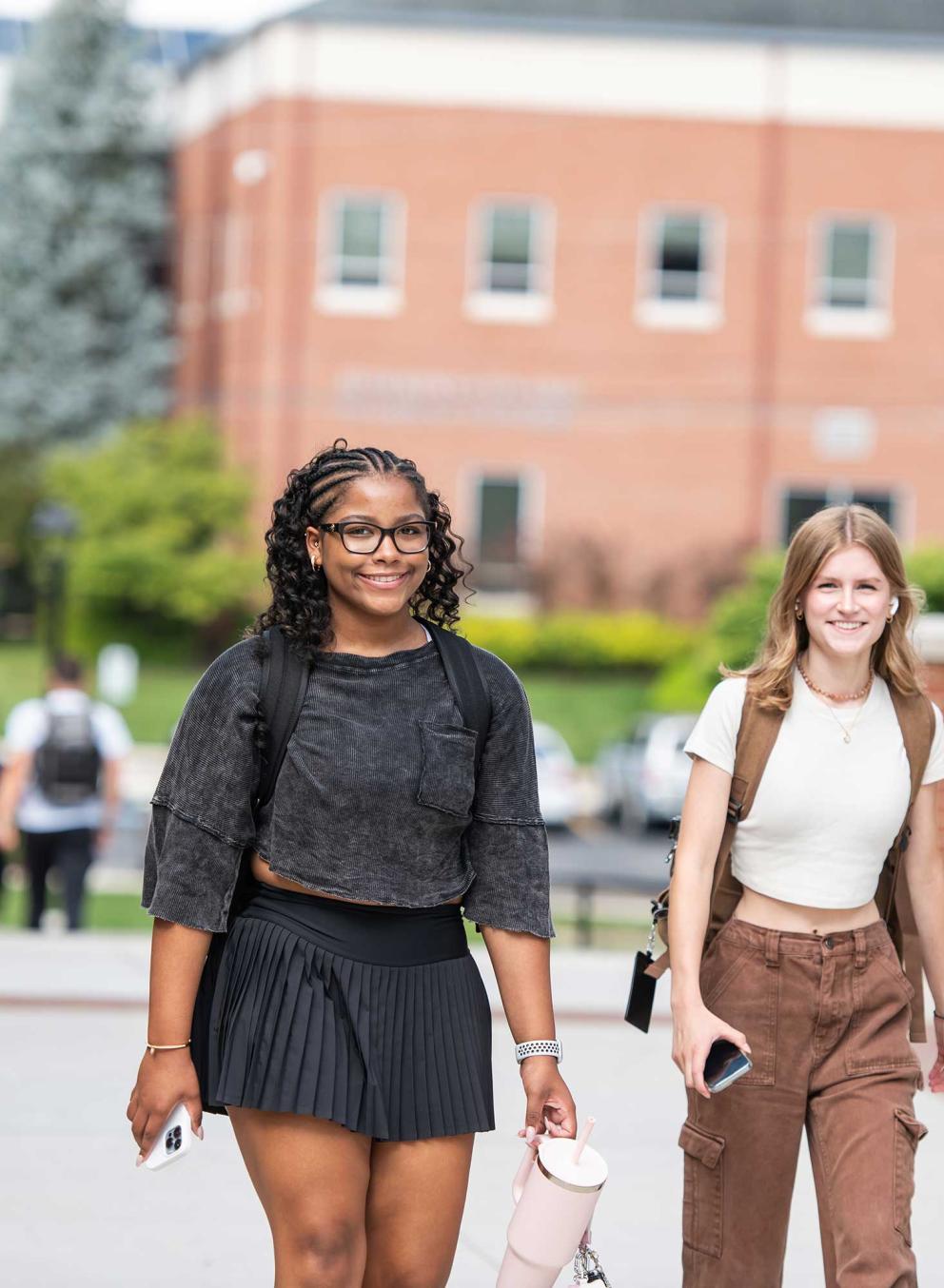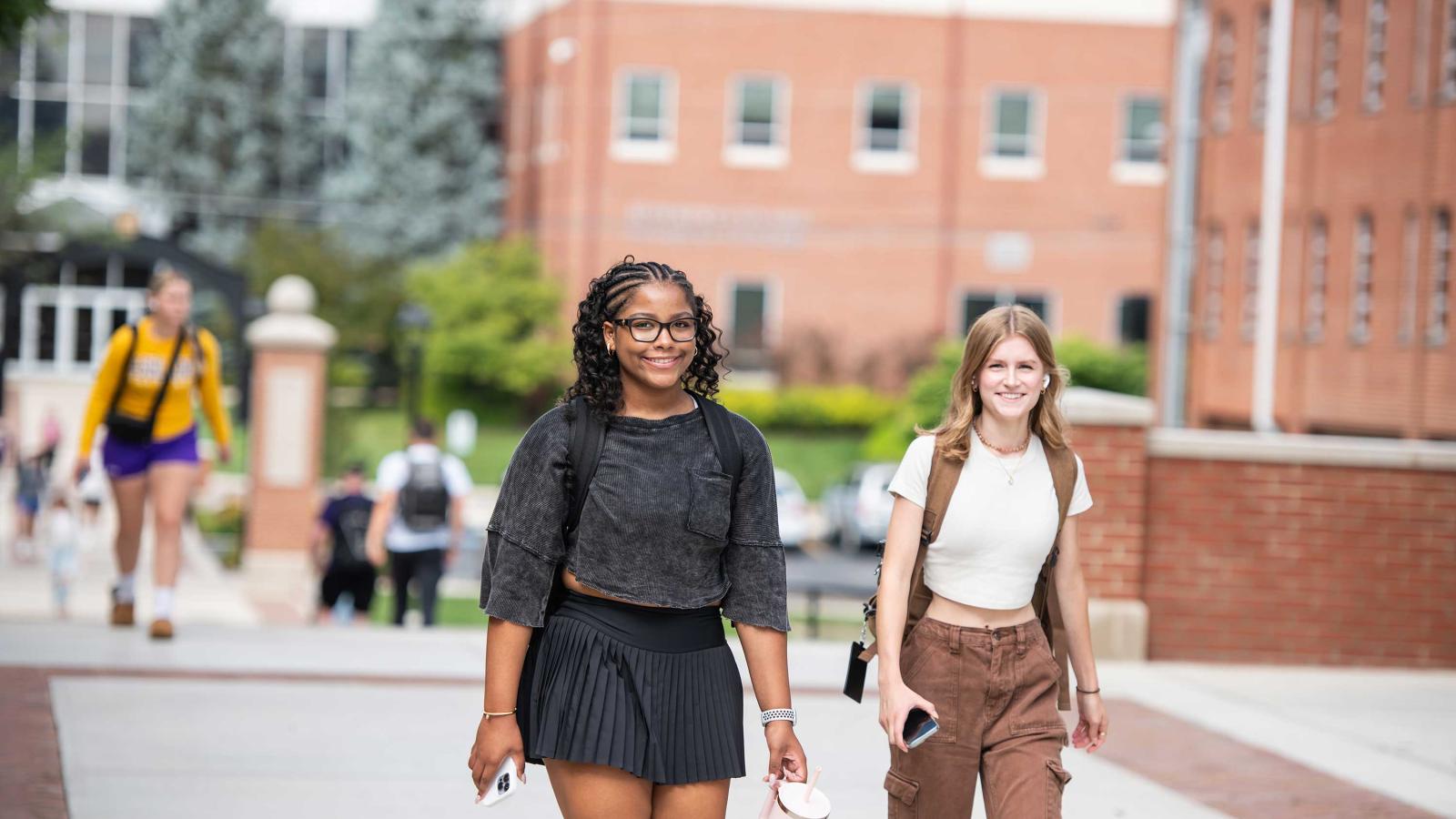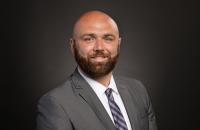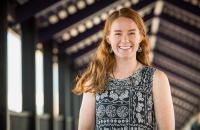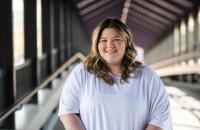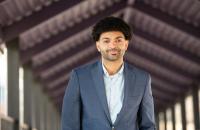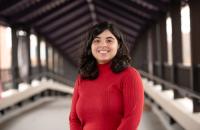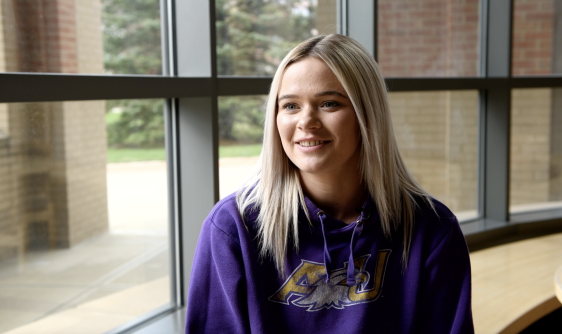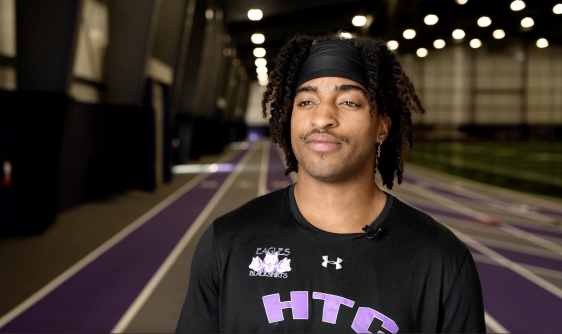Undergraduate Admissions
It’s great to have you here! We’re excited for you to learn what makes Ashland University the choice of more than 7,500 undergraduate and graduate students each year. For example, we work with you to create an individualized plan for your future and to keep your education affordable.
Tell us a little bit about yourself and we’ll send information about upcoming events and important dates.
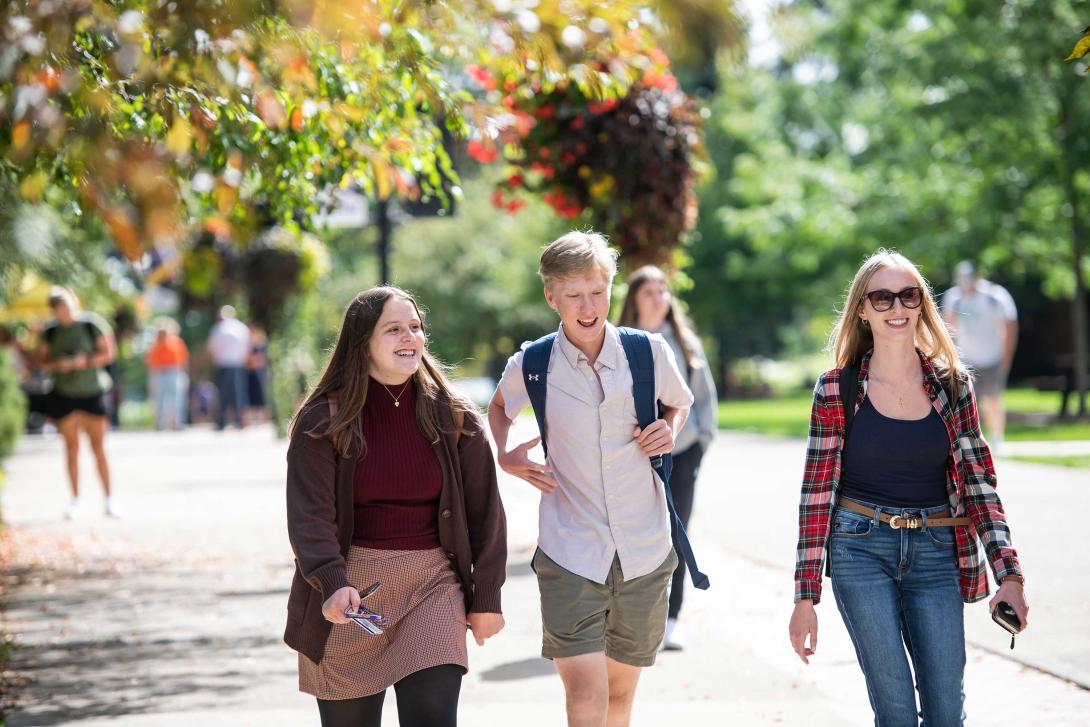
Transferring to AU
Coming from another university? Check out our options for transfer students.

Steps to Apply
Transcripts
First-year students – Submit your official high school transcript
Transfer students – If you’ve completed fewer than 30 semester hours of college credit, please submit your official high school transcript. Otherwise, submit official transcripts from every college where you’ve taken courses.
Test Scores
Sending ACT, CLT or SAT scores is optional for all majors except Nursing.
Steps to Enroll
FAFSA
Complete your Free Application for Federal Student Aid (FAFSA) and send your information to AU by using school code 003012.
Reactivating Students
Former students are welcome to return and study at Ashland University; simply complete and submit the reactivation application form. Be sure to list any colleges or universities you have attended while you’ve been away. Please request official transcripts from these institutions to be sent to our Admissions Office.
Ashland University, Enrollment Services
401 College Ave.
Ashland, OH 44805
AU also accepts electronic transcripts from SCRIP-SAFE® and Docufide® by Parchment.
If you have questions, email enrollme@ashland.edu or call Admissions at 419-289-5052. We look forward to having you back on campus soon!
Find Your Academic Program
Look through our majors to find one that sparks your interest.
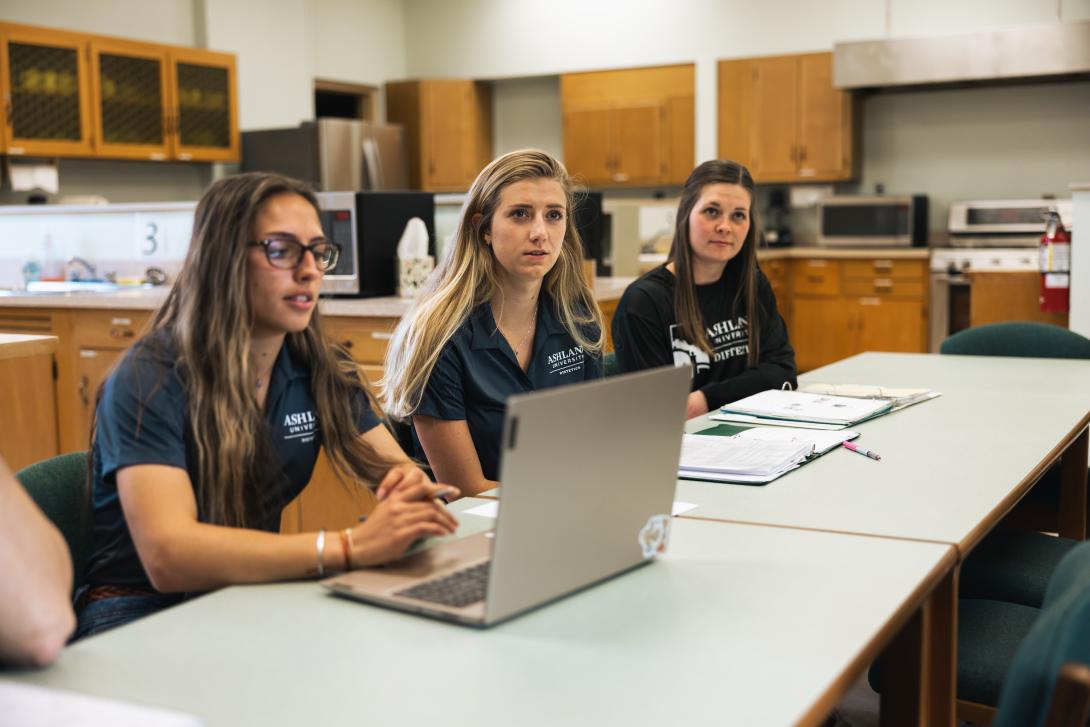
Schedule a Campus Visit
You have choices! Start with a virtual campus tour to get a feel for the place. Then decide which type of personal visit to schedule next.
ACT on Campus
Taking the ACT is not required for admission to Ashland University. However, good scores could give you access to merit-based scholarships. The university offers ACT on Campus testing for incoming undergraduate students who want to take the ACT, even though they have already applied or been admitted to Ashland University. The scores are reported to Ashland University only, and they will not be sent to the student’s high school or any other academic institution.
To participate:
- Select an exam date and complete the ACT Scheduling form.
- Pay a $70 non-refundable/non-transferable ACT fee.
- Receive a confirmation email from the AU Student Accessibility Center that you are registered.
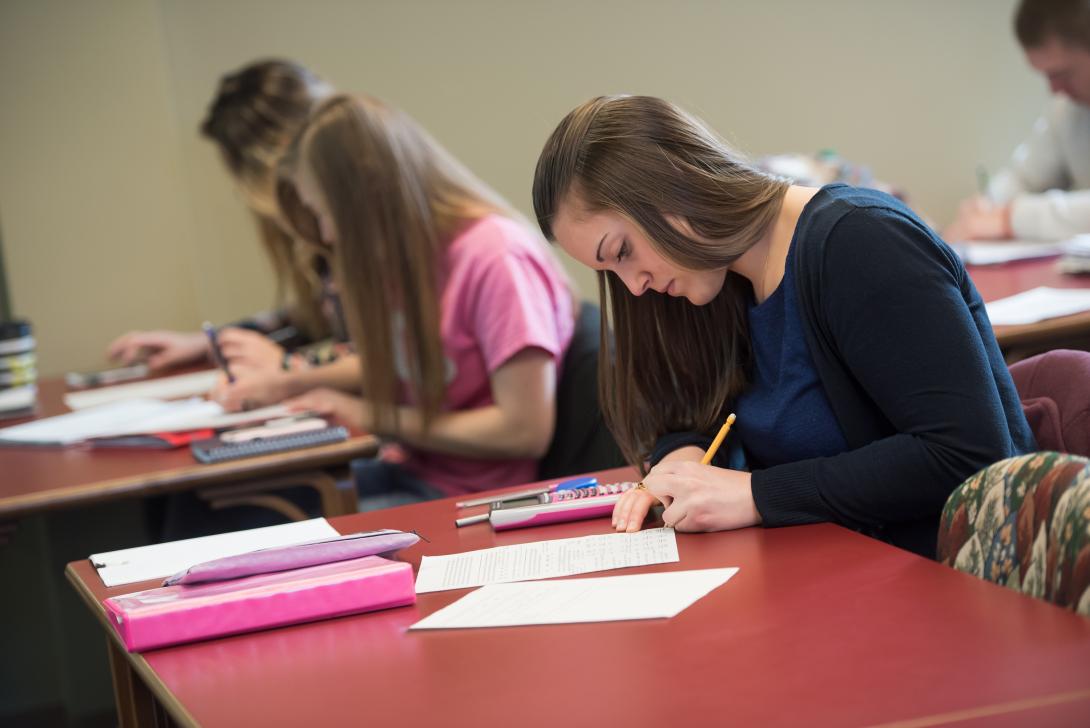
Find Your Admissions Representative
Any students outside the state of Ohio can email enrollme@ashland.edu or call 419-289-5052.
Experience a personalized tour from one of our fantastic tour guides!
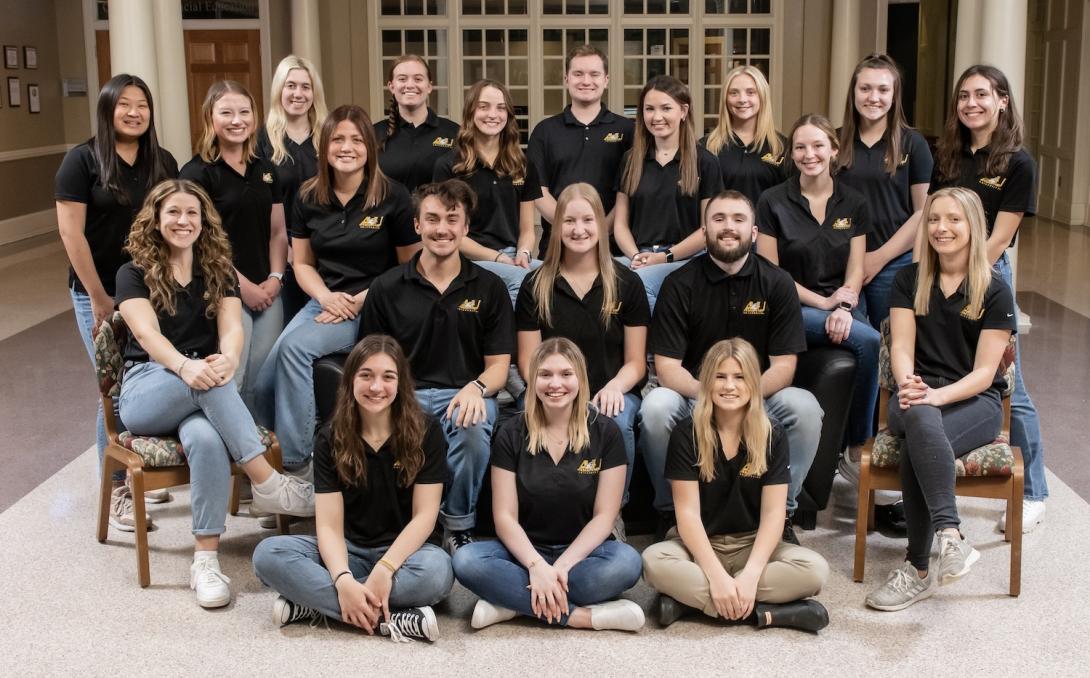
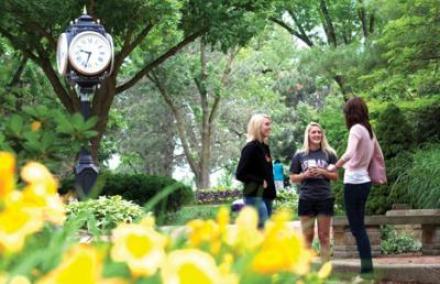
“I loved the way the entire community made me feel welcome from my very first visit—from the professors in my program, to my eventual teammates, to the random students who said hi to me in passing. It was a great first experience that really stuck with me when choosing which college to attend!”
- Erin S.
